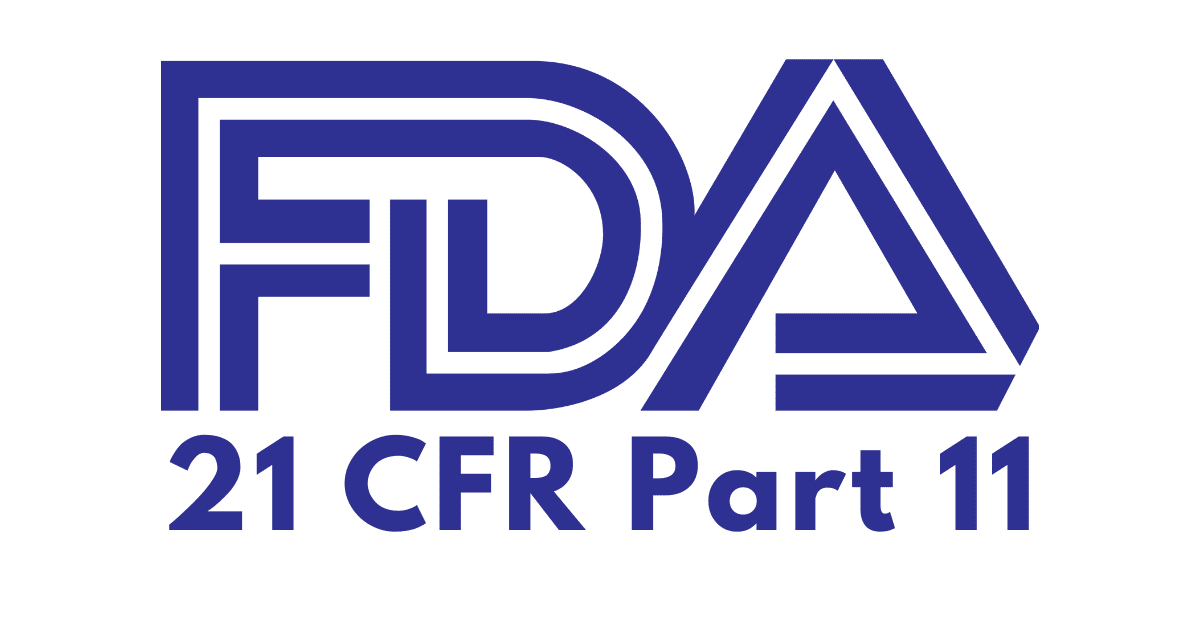Introduction
In the highly regulated world of pharmaceuticals, biotechnology, and medical device manufacturing, ensuring product quality, safety, and data integrity is of utmost importance. One crucial regulation that governs electronic records and signatures is 21 CFR Part 11. This article aims to shed light on the significance of 21 CFR Part 11 in Good Manufacturing Practices (GMP) compliance.
What is 21 CFR Part 11?
21 CFR Part 11, also known as Part 11, was established by the U.S. Food and Drug Administration (FDA) in 1997. It outlines the requirements for electronic records and electronic signatures, ensuring their authenticity, integrity, and confidentiality. Part 11 applies to pharmaceutical, biotechnology, and medical device companies, as well as contract research organizations and other FDA-regulated industries.
Importance in GMP Compliance
1. Data Integrity
Data integrity is a critical aspect of GMP compliance, as it directly affects the quality and safety of pharmaceutical products. Part 11 provides guidelines for the creation, modification, and maintenance of electronic records to prevent data tampering, loss, or unauthorized access. By implementing Part 11 requirements, companies can ensure the accuracy, completeness, and reliability of their electronic data.
2. Audit Trails
Part 11 requires the implementation of secure and computer-generated audit trails that document any changes or modifications made to electronic records. These audit trails provide a transparent view of data history and help identify any potential discrepancies or unauthorized alterations. By maintaining comprehensive audit trails, companies can demonstrate their commitment to data integrity and facilitate effective quality control and regulatory audits.
3. Electronic Signatures
With the advancements in technology, traditional handwritten signatures have been replaced by electronic signatures. Part 11 defines specific requirements for electronic signatures such as uniqueness, time-stamping, and association with the respective records. Electronic signatures ensure the accountability and traceability of actions performed by authorized personnel, enhancing the overall security and reliability of electronic records.
4. Risk Mitigation
Part 11 promotes the use of appropriate controls and measures to mitigate risks associated with electronic records. It encourages the implementation of validated systems, secure access controls, authentication mechanisms, and data backup strategies. By adhering to Part 11 guidelines, companies can minimize the risks of data loss, unauthorized access, and system failures, consequently safeguarding the integrity of their processes and products.
Conclusion
In conclusion, compliance with 21 CFR Part 11 plays a vital role in GMP adherence within the FDA-regulated industries. By following the requirements outlined in Part 11, companies can ensure data integrity, maintain comprehensive audit trails, utilize electronic signatures, and effectively mitigate risks associated with electronic records and signatures. Ensuring compliance with Part 11 not only helps organizations meet regulatory obligations but also contributes to the production of safe, effective, and high-quality pharmaceutical products.




